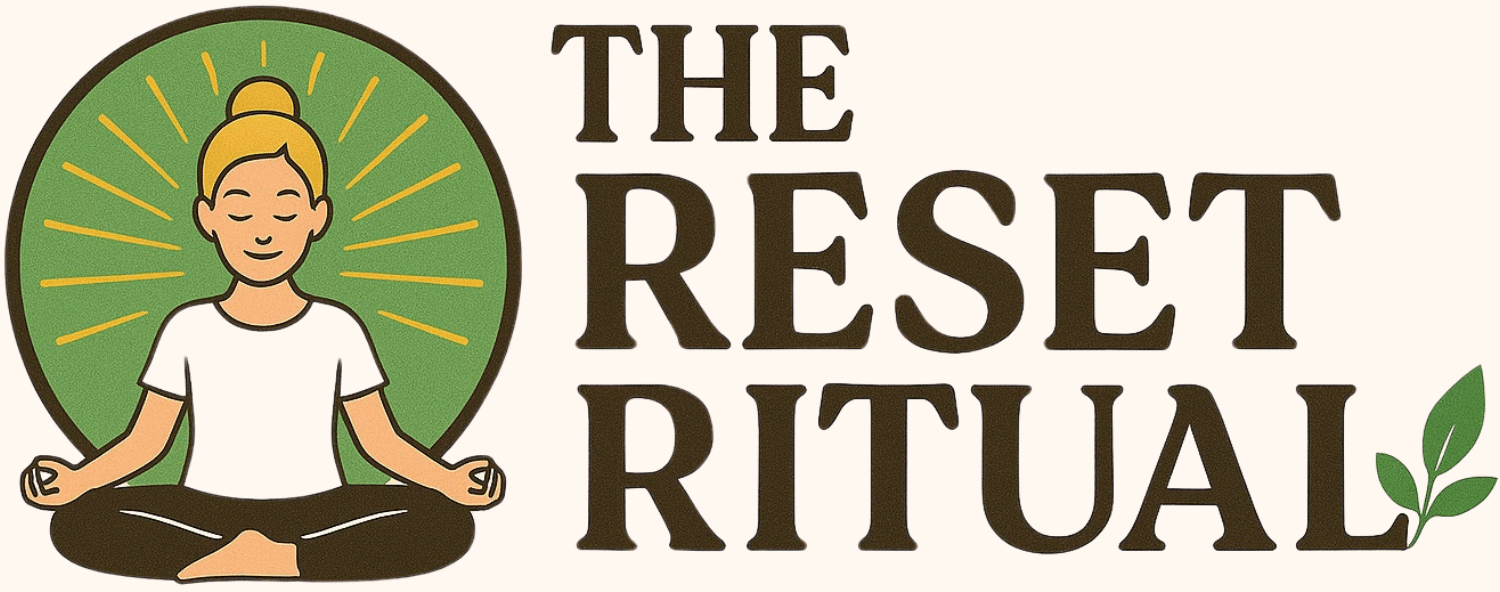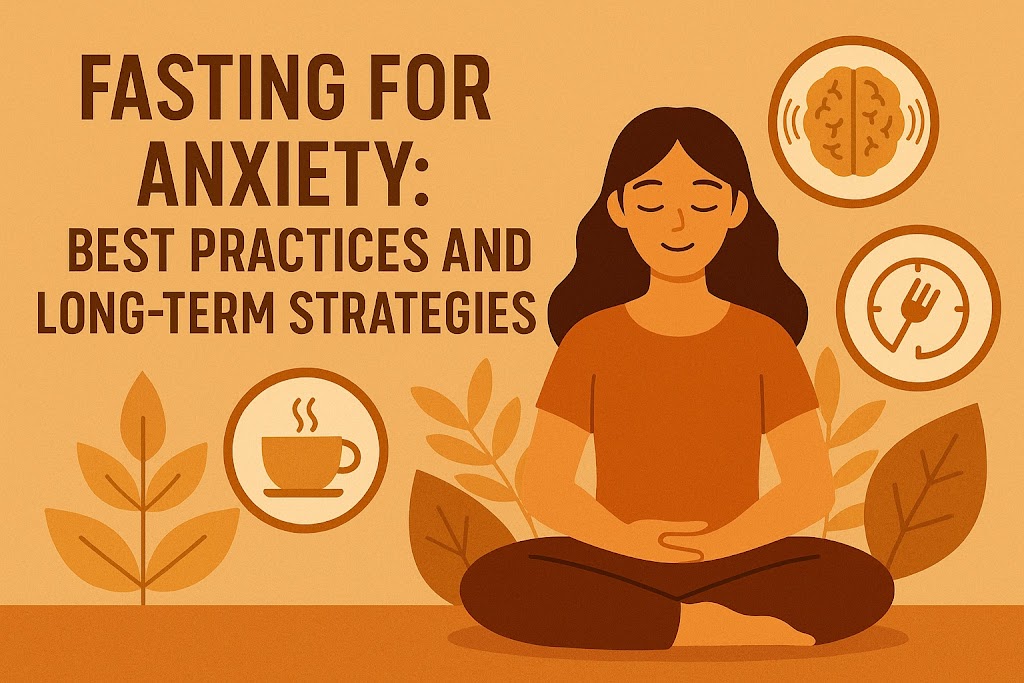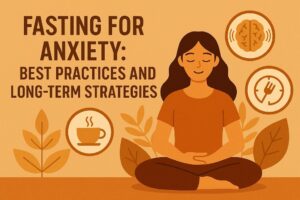Real Fixes for Anxiety During a Fast: Tools That Actually Work
If you’ve ever experienced anxiety symptoms while fasting—racing heart, nervous energy, poor sleep, irritability—you’re not alone. The body’s response to fasting is highly individual, and for those already prone to anxiety, certain strategies can make the process smoother and more supportive.
In this post, we’ll explore the most effective, research-backed ways to manage anxiety symptoms during a fast—without breaking it.
1. Support Electrolyte Balance
During fasting, insulin levels drop and the kidneys excrete more sodium and fluids. This electrolyte loss can cause dizziness, fatigue, muscle tension, and even palpitations.
Fix: Use a zero-sugar electrolyte powder or add a pinch of unrefined salt to your water 2–3 times a day. Look for supplements with sodium, potassium, and magnesium.
2. Choose the Right Time of Day to Fast
Some people fast better starting at night; others tolerate it better when skipping dinner. Fasting too late in the day can raise cortisol and disrupt melatonin production.
Fix: If you experience nighttime anxiety or insomnia, consider a circadian-aligned fast (e.g., 8 AM to 4 PM eating window).
3. Avoid Stimulants and Artificial Sweeteners
Even zero-calorie sweeteners and black coffee can spike stress hormones in sensitive individuals. These can mimic symptoms of anxiety or panic.
Fix: Swap coffee for organic decaf or try herbal teas like rooibos, peppermint, or tulsi.
4. Break Your Fast the Right Way
Coming off a fast with sugar, refined carbs, or caffeine can send your blood sugar into a rollercoaster that triggers anxiety symptoms.
Fix: Break your fast with protein, healthy fats, and fiber-rich vegetables. Try eggs, avocado, bone broth, or salmon.
Bone Broth Powder is a gentle, nutrient-rich option for breaking your fast.
5. Use Natural Nervous System Support
Supplements and herbs can calm anxiety during fasting hours without disrupting your metabolic benefits.
- L-Theanine: Enhances alpha brain waves, reducing tension without sedation
- Magnesium Glycinate: Helps reduce muscle tension and improve sleep
- Ashwagandha: Adaptogen that balances cortisol and supports resilience
6. Try Breathwork or Cold Exposure
Gentle practices like nasal breathing or 30-second cold water face splashes stimulate the vagus nerve—your body’s natural anti-anxiety pathway.
Fix: Use breathwork apps, books, guided meditations, or cold exposure techniques during moments of overwhelm. Even a quick walk outdoors can shift your nervous system.
7. Track Patterns and Know When to Pause
If fasting consistently causes anxiety symptoms, it may be a sign that your nervous system needs more support before attempting long fasts. Start with shorter windows or alternate-day fasting instead.
Fix: Track mood, energy, and sleep across fasting styles. Scale slowly and avoid perfectionism. Fasting is a tool, not a test.
Final Thoughts
Fasting can be an incredible tool for mental clarity and healing—but it must be tailored to your body and mind. With the right tools and tweaks, most anxiety-related symptoms can be minimized or resolved without breaking your fast.
Feel empowered to experiment, support your system, and approach fasting as a form of self-care—not deprivation.
Disclaimer: This article is for informational purposes only and is not medical advice. Always consult with your healthcare provider before making changes to your diet, supplements, or fasting schedule. This post may contain affiliate links. As an Amazon Associate, I earn from qualifying purchases.


